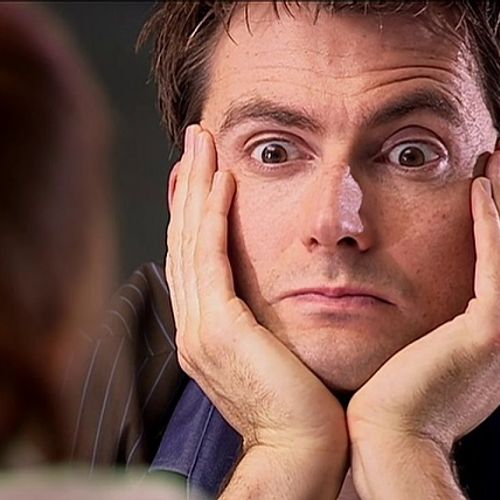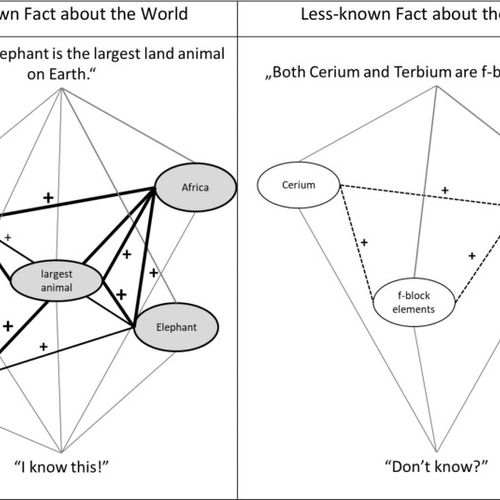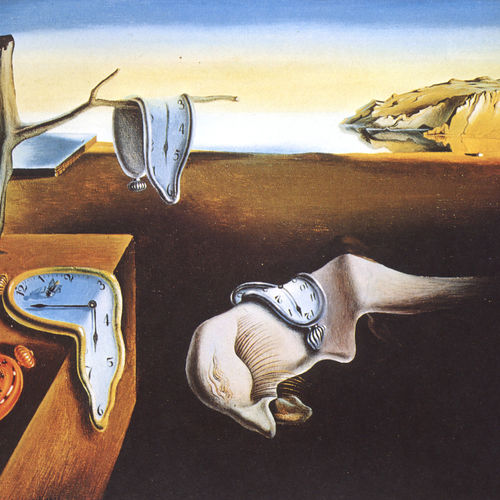
| Added | Fri, 03/11/2023 |
| Источники | |
| Дата публикации | Fri, 03/11/2023
|
| Версии |
In a world where reality is intertwined with imagination, the truth becomes slippery and unpredictable. In 2009, writer and researcher Fiona Broome discovered an unusual phenomenon called the "Mandela Effect". This study of group false memories has lifted the veil over the complex structure of human memory, in which history is mixed with fiction.
Former South African President Nelson Mandela has become one of the main symbols of this phenomenon. Some people, including researchers, mistakenly believed that he died in prison in the 1980s. But the truth turned out to be different - he was released and lived until 2013. This case led to the formulation of the term "Mandela Effect", describing the phenomenon when the masses of people mistakenly believe in a non-existent event.
Why is this happening? Apparently, memory turns out to be very malleable. Information received from others can change memories and cause us to incorrectly remember events or recall those that never happened. There are several potential reasons to explain this phenomenon.
False memories
False memories may contain elements of fact that resemble a real event, but they are distorted or do not correspond to reality. Memory is very suggestible and can be influenced by information from other people, the desire to believe in something else, or incorrect information from the Internet.
Confabulation
Confabulation is false memories that a person generates spontaneously, often to compensate for discrepancies in his memory. This condition can be a symptom of neurological diseases affecting memory, such as Alzheimer's disease. It is important to note that a person does not lie, but simply does not have the necessary information for an accurate recollection.
Priming
The psychological effect of priming shows that the impact of one stimulus can directly affect a person's reaction to a subsequent stimulus. This may explain why we sometimes make mistakes in our memories when we are influenced by certain factors.
Misleading information after the event
The information received after the event can change our memory of it. Even small details can be distorted, which may explain why eyewitness accounts can sometimes be unreliable.
There are also theories related to quantum physics that suggest the existence of alternative universes and their influence on our perception. However, these theories remain controversial and require further research.
It is important to understand that our memory is not always reliable, and we are all prone to mistakes in the perception of the past. The Mandela effect is just one of many examples of how our memories can deceive us. It is best to be careful and critically evaluate the information that we take for the truth, so as not to fall into the trap of false memories and myths.
Новости со схожими версиями
Log in or register to post comments





